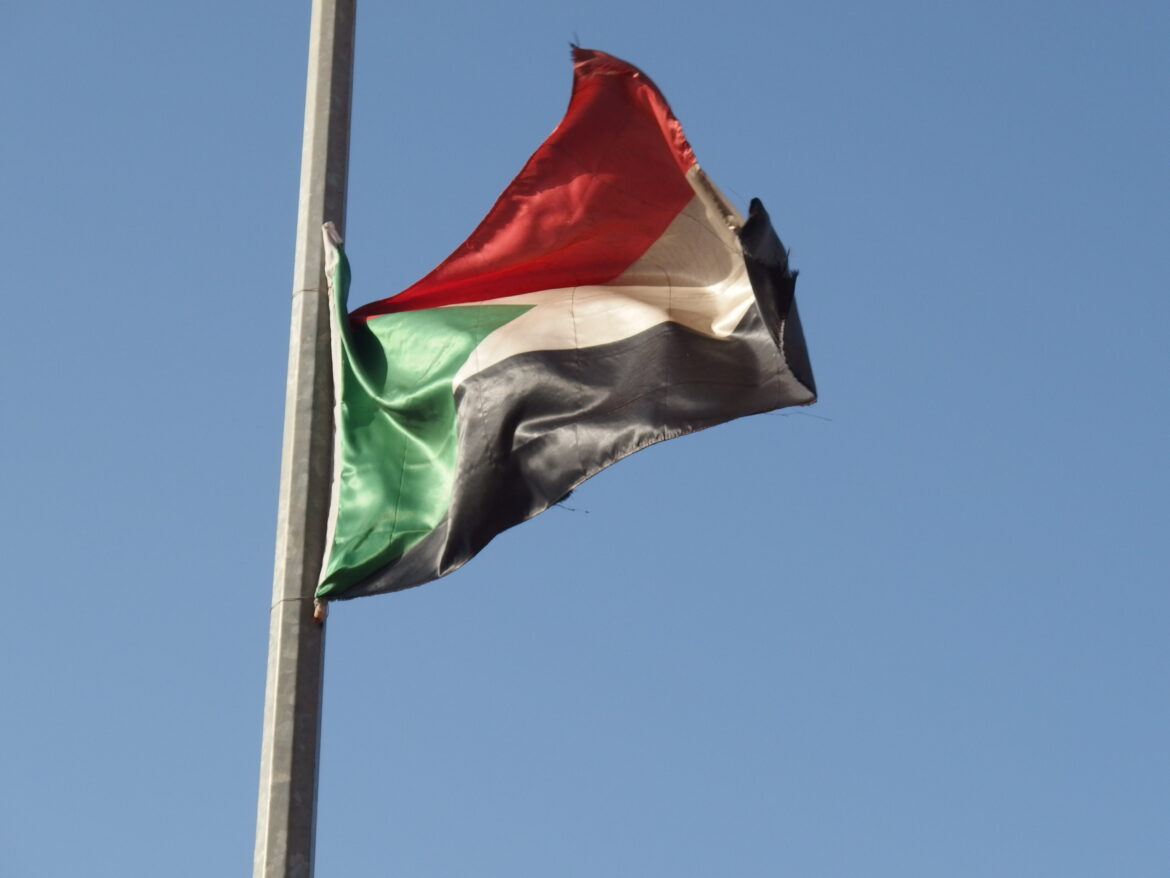The Civil War in Sudan, underway for nearly two years now, has left a trail of suffering and destruction in its wake. The war is being fought by two main actors: the Sudanese Armed Forces (SAF) and a paramilitary group called the Rapid Support Forces (RSF). These groups are fighting for control of the nation and its many resources. Much of the conflict has been occurring in urban areas, putting civilians directly in the line of fire. The SAF controls much of northern and eastern Sudan, with the RSF storming and capturing numerous cities such as Wad Mandani. The RSF has also laid siege to cities such as el-Fasher.
Both the SAF and RSF are known to be involved in mass killings, aerial bombings, sexual violence, and launching attacks on operational hospitals, which is a war crime. Despite this, response from the international community has remained insufficient in holding the two parties accountable. The non-stop fighting between SAF and RSF has also contributed to the lack of negotiations. Such violence has impacted the ability of non-governmental organizations (NGOs) and other aid agencies to enter and move throughout the country. Civilians require critical items such as food and first aid supplies, and these organizations have had major difficulties transporting them.
As the fighting continues, its impacts have only worsened. With 15,000 people dead and over 12.5 million internally and externally displaced, the conflict has created incredibly unstable conditions for the entire region. Refugee camps in Ethiopia, South Sudan, and Chad are facing maximum capacity, and over 25 million people desperately need some form of humanitarian aid as they face one of the most significant hunger crises in the world.
Recently, after reclaiming an RSF military base in mid-March, SAF reported discoveries of an unknown detention center near the base’s training ground. This turned out to be a substantial burial site. This site contained 550 unmarked and “freshly dug” graves, according to The Guardian, and supposedly contained multiple bodies each. Satellite images show that these graves were not present before the war started in 2023. 135 civilian men were rescued from this site. Upon examination by Dr. Hosham al-Shekh, clear evidence of torture and starvation was found. Many were so traumatized that they could not speak or walk. Those who did share their experiences spoke of shootings and daily beatings. It is currently being confirmed whether this is the largest makeshift gravesite discovered during the Sudanese Civil War. If so, the gravesite would be considered “one of the worst war crimes” to ever take place during the conflict. These discoveries question the legitimacy of the RSF, and raise further concern over similar sites that may still be operational.
This is an article written by a Staff Writer. Catalyst is a student-led platform that fosters engagement with global issues from a learning perspective. The opinions expressed above do not necessarily reflect the views of the publication.
Edited by Isaac Yong

